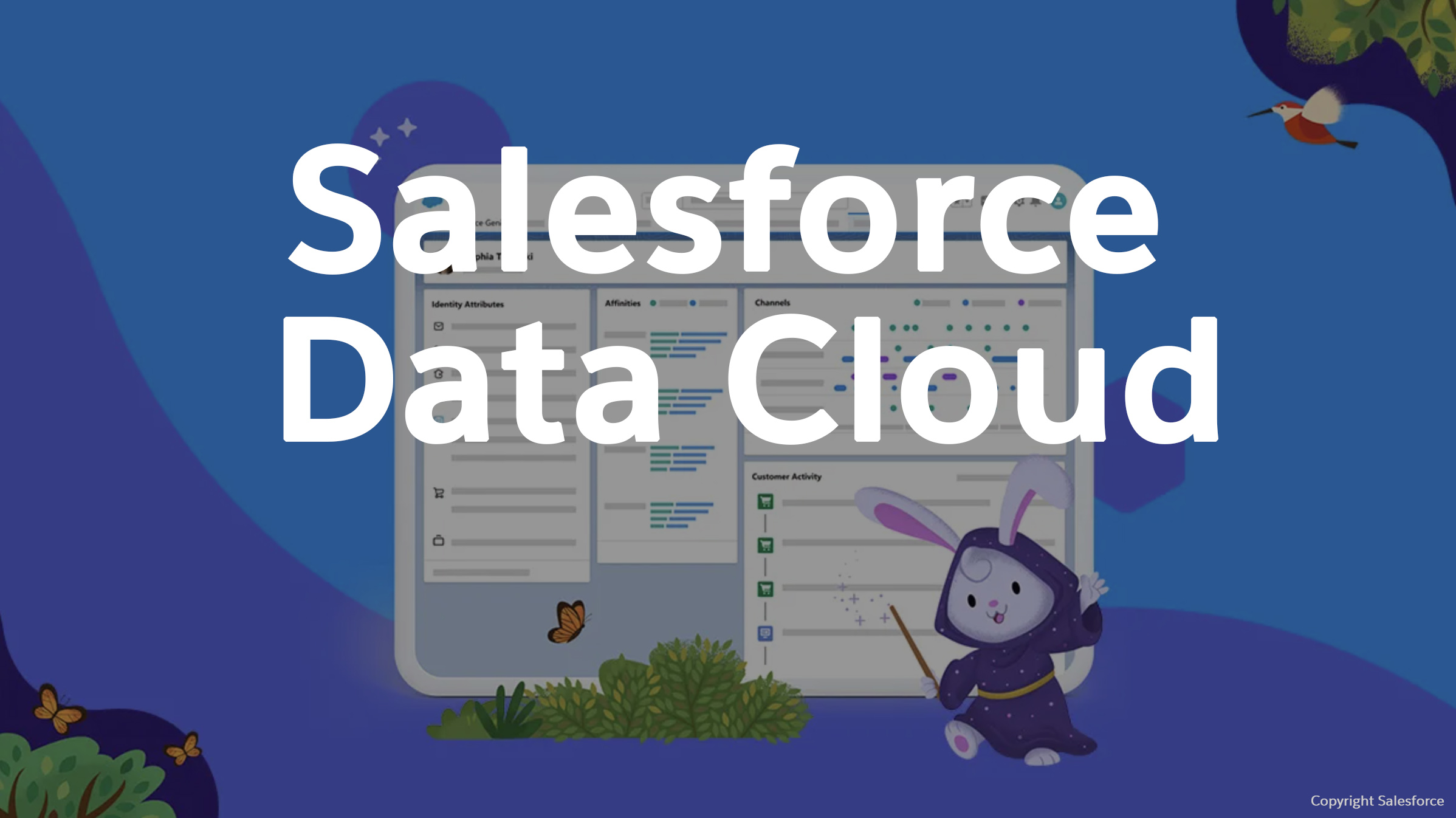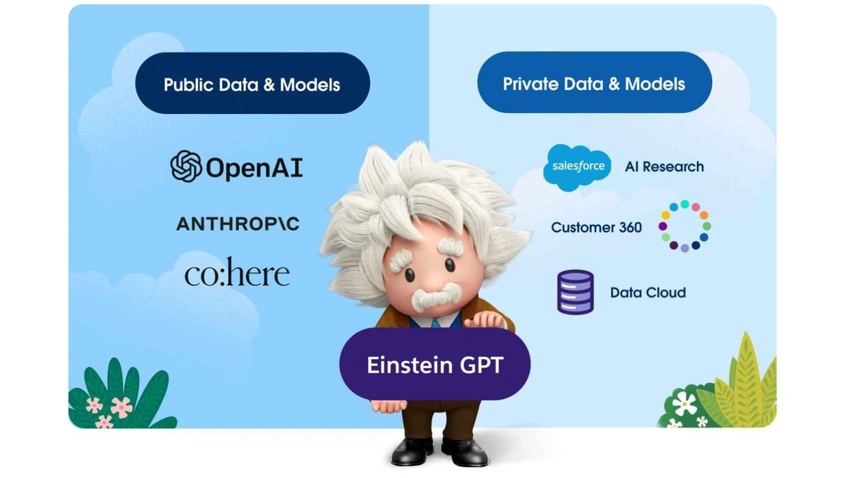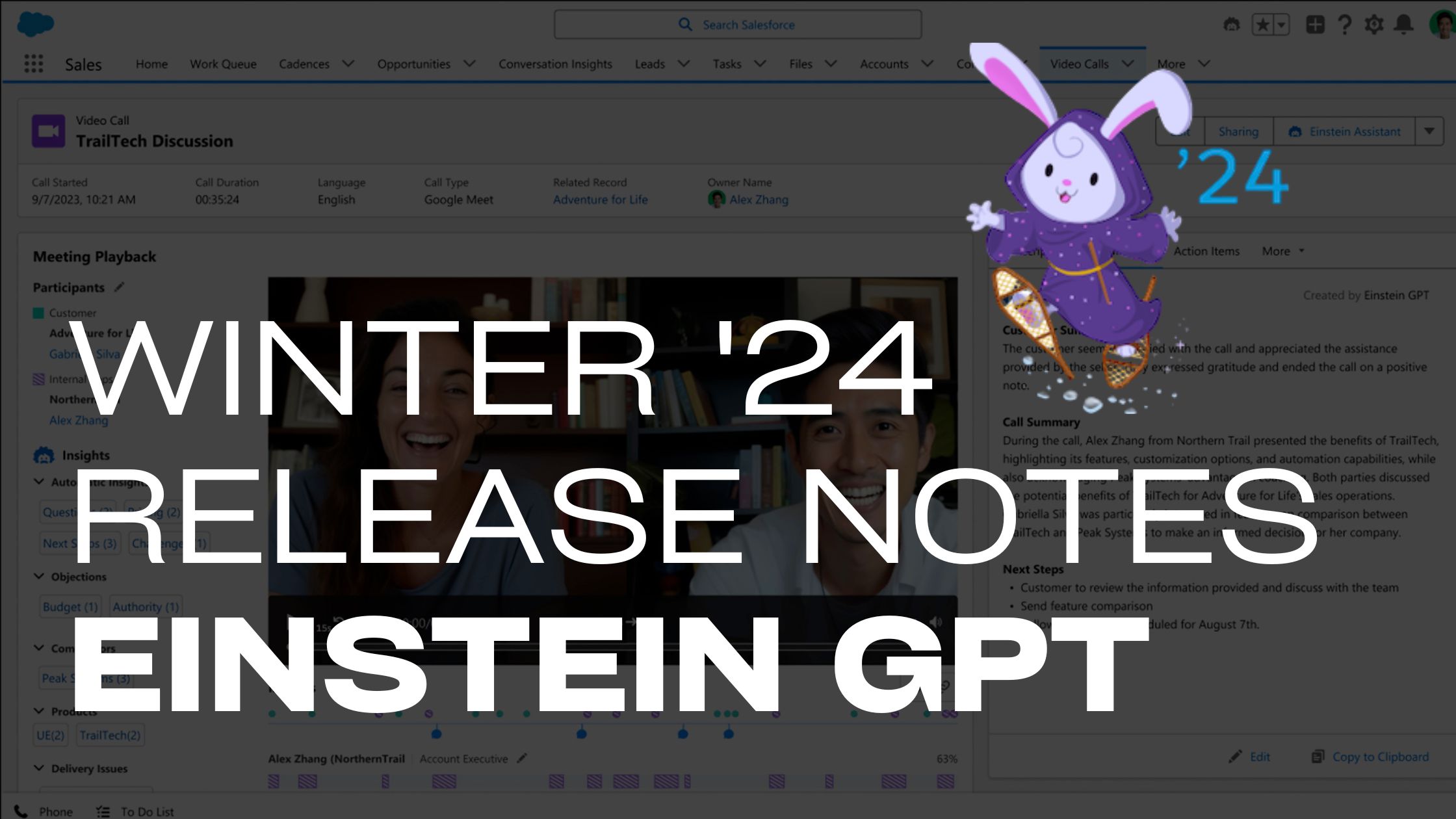
In the ever-evolving landscape of customer engagement, data reigns supreme. It’s the foundation upon which businesses build their strategies, form insights, and create personalized experiences. This is where Salesforce’s Data Cloud steps in – a product that empowers organizations to organize customer data from diverse sources into a unified profile, establishing a single source of truth.
The Evolution of Data Cloud
Formerly known by various names such as Customer 360 Audiences, Salesforce CDP, Salesforce Genie, and Marketing Cloud Customer Data Platform, the product has evolved to become the driving force behind enhanced customer interactions and intelligent decision-making, creating a comprehensive view of each customer by harmonizing data streams.
Unifying Customer Data: The Heart of Data Cloud
At its core, Data Cloud serves as a central repository for customer data, irrespective of its origins. This singular platform paves the way for a consolidated view of all customer interactions across different software systems. As businesses embrace multiple software solutions to manage various aspects of their operations, Data Cloud ensures that these disparate pieces come together harmoniously. This centralized repository forms the bedrock of a “golden record” or unified customer profile – a crucial asset for understanding customer behavior and crafting personalized experiences.
Elevating Engagement with Data Insights
Data Cloud’s impact extends far beyond unifying customer data. It serves as a catalyst for elevating customer engagement through insightful analysis. By tapping into AI and automation in real-time, businesses gain the power to act on these insights effectively. The ability to segment audiences with precision is a game-changer. With Data Cloud, you can effortlessly categorize customers based on their preferences, behaviors, and interactions. These segments, once created, can be activated seamlessly through marketing software like Salesforce Marketing Cloud.
Crafting Tailored Customer Journeys
The significance of personalization cannot be overstated in today’s competitive market. Customers expect interactions with businesses to be tailored to their needs and preferences. Data Cloud facilitates this by providing a comprehensive understanding of each customer’s journey. Armed with insights derived from unified profiles and segmented audiences, businesses can craft engaging customer journeys that resonate with individuals on a personal level. From initial touchpoints to final conversions, every step of the journey can be optimized for maximum impact.
Navigating the Data Cloud Journey
Implementing Data Cloud involves a structured journey designed to maximize its potential:
- Data Strategy: Establish a robust data strategy encompassing data modeling, retention policies, and consent management. Determine which data holds significance for marketing and customer activation.
- Data Ingestion and Connection: Integrate various data sources using APIs and pre-built connectors. This step forms the foundation for the subsequent stages.
- Profile Unification: Transform disconnected data into unified customer profiles. The golden record emerges as Data Cloud harmonizes information.
- Insight Creation: Set up real-time queries on multi-dimensional data to extract actionable insights. Leverage AI models to gain a deeper understanding.
- Data Segmentation: Divide the unified profiles into distinct segments based on specific criteria. This segmentation forms the basis for personalized engagement.
- Activation and Engagement: Activate segmented audiences through marketing automation tools. Create compelling customer journeys that resonate with each segment.
- Analyzing and Reporting: Employ reporting tools such as Marketing Cloud Intelligence and Tableau to analyze and visualize data. Gain a comprehensive view of campaign performance and customer interactions.
A Fit for Enterprise Excellence
Data Cloud is particularly well-suited for enterprises dealing with substantial data volumes and diverse data sources. Its capabilities shine in large organizations where data complexity requires a comprehensive solution. As businesses evolve and adapt to changing customer expectations, Data Cloud provides the technological foundation needed to remain agile and customer-focused.
In conclusion, Data Cloud marks a revolutionary leap in customer engagement strategies. By unifying customer data, segmenting audiences, and enabling real-time insights, it empowers businesses to create meaningful interactions and lasting connections. In an era where personalized experiences are paramount, Data Cloud emerges as a beacon guiding organizations toward customer-centric excellence.



